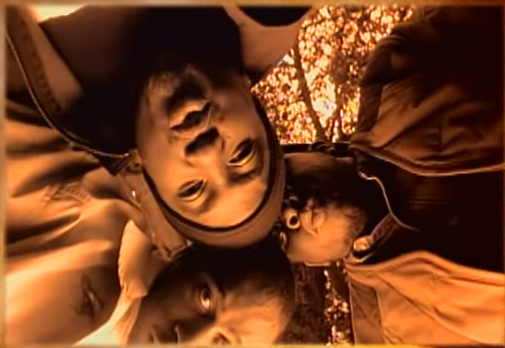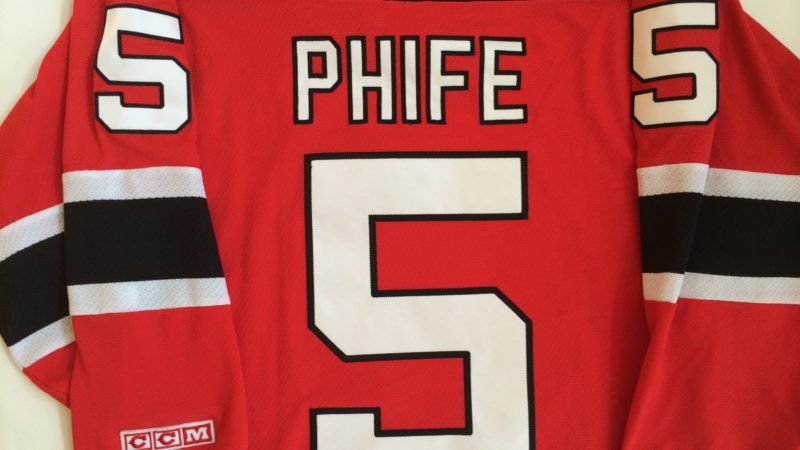Jonathan Furmanski’s documentary The Weird World of Blowfly provides its subject with one hell of a propaganda tool. At 72 years old, veteran singer/songwriter Clarence Reid has the arduous task of reminding the world of his accomplishments. During the 1970’s, he penned notable soul and funk standards for the likes of Gwen McRae and Betty Wright. He also worked for the fabled Miami based disco label TK Records, where his talents serviced KC and the Sunshine Band. During this time, he also led a secret life of sorts as the perverted, costumed anti-hero known as Blowfly. Under that stage name, he recorded raunchy party records and song parodies. He also has the distinction of being the man who invented rap music.
You read that right. For the past 15 or so years, Blowfly has vehemently claimed his song “Rapp Dirty” to be the first rap song ever recorded. According to him, it predates the likes of “Rapper’s Delight” and “Personality Jock” by 14 years. Fans and journalists never hesitate to echo such sentiments, as they have been repeated as fact time and again. The Weird World of Blowfly features onscreen testimonials from Ice-T and manager Tom Bowker, the man who charged himself with reestablishing the Blowfly brand. All of the aforementioned have one very important thing in common with Reid himself: None have provided anything in the way of empirical evidence that “Rapp Dirty” was, in fact, originally recorded and released in 1965.
The version that most are familiar with was released in 1980, under the title “Blowfly’s Rapp [sic]” from the album Blowfly’s Party. There was supposedly an earlier version on Blowfly’s 1973 album Butterfly. The 1965 version was supposedly pressed and released in Germany, where it gained a certain level of notoriety. A single copy of this legendary recording has yet to surface. Searches at any number of sites will only turn up the 1980 and/or 1973 versions. Not a single collector or enthusiast has come forward with this hidden treasure. Quite tellingly, “Rapp Dirty” contains countless references to the CB Radios used by truckers, which weren’t largely known or used by anyone outside of the trucking community until the 1970’s. None of this bodes well for Ried’s claims.
Reid is not the first or the only person to make such claims. In heated debates over rap music’s true origins, one is likely to hear a number of non-Hip-Hop names. Rudy Ray Moore, Moms Mabley, Iceberg Slim, Muhammad Ali, Marvin Gaye, Isaac Hayes, Pigmeat Markham, Jocko Henderson, The Watts Prophets and The Last Poets have all been named the original rapper at one time or another. Such claims are usually made by older folks who despise Hip-Hop, or people outside of the five boroughs looking to debunk New York’s Hip-Hop mythology and strike a blow against east coast bias. However, Reid’s motives seem a bit simpler if not more honorable.
Blowfly’s campaign to be known as Rap’s inventor seems to be largely motivated by his financial situation. In 2003, he sold the rights to his lucrative catalog. The Weird World of Blowfly shows Tom Bowker carting him to one sparsely populated venue after another and trotting him out like shabbily maintained museum exhibit. He refers to Reid as merely being a passenger on his own tour. He also reminds people of Blowfly’s status as the first rapper whenever he gets the chance. In one scene, Bowker boldly proclaims Clarence Reid to be the inventor of southern soul, as well as being responsible for two thirds of today’s popular music. Again, the documentary makes no real effort to substantiate such grandiose claims.
Hip-Hop has a storied and studied history which fans and enthusiasts take deadly seriously. That Clarence Reid and his handlers are able to make such bold claims and have them reiterated and cosigned with nary a shred of empirical evidence is troubling. It also speaks to the fanboyish nature of not only journalists, but prominent musicians and rappers. The man’s actual contributions to the game notwithstanding, it’s time for him and his camp to produce an actual copy of the 1965 recording. If he wants his legacy to be honored, it’s time Clarence Reid starts showing some respect to the genre he claims to have created. Actual evidence will either prove or debunk this little mystery, and Blowfly’s tireless campaign can finally come to an end.
Follow Malice Intended on Twitter @ http://twitter.com/renaissance1977
Follow Us on Twitter @ http://twitter.com/planetill
Join Us on the Planet Ill Facebook Group for more discussion
Follow us on Networked Blog






One thought on “The Mystery of Blowfly: One Man’s Quest To Be Recognized As The First Rapper”